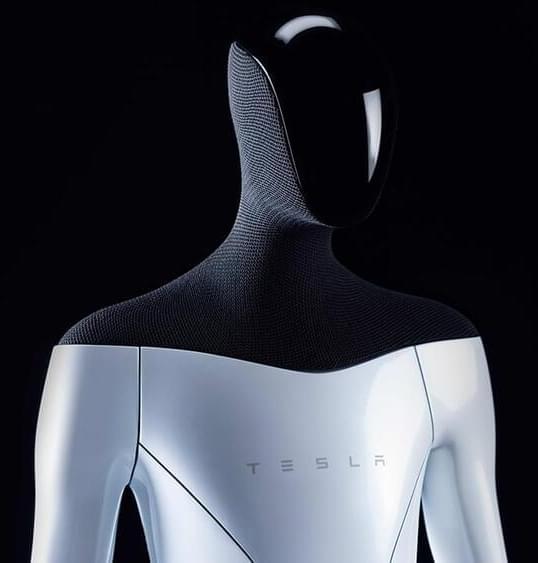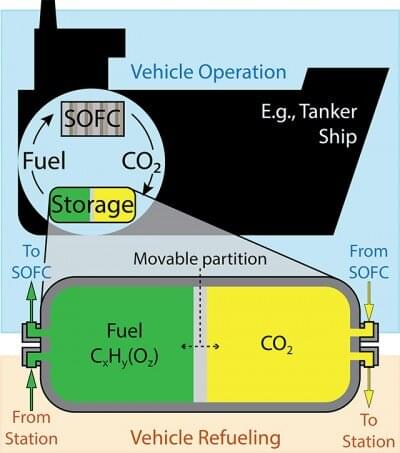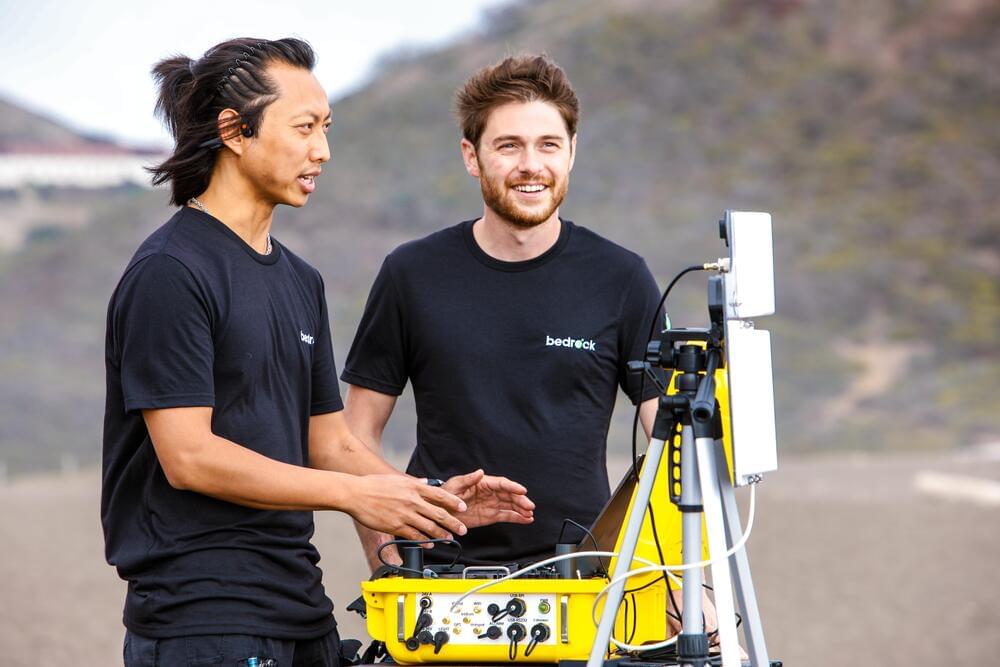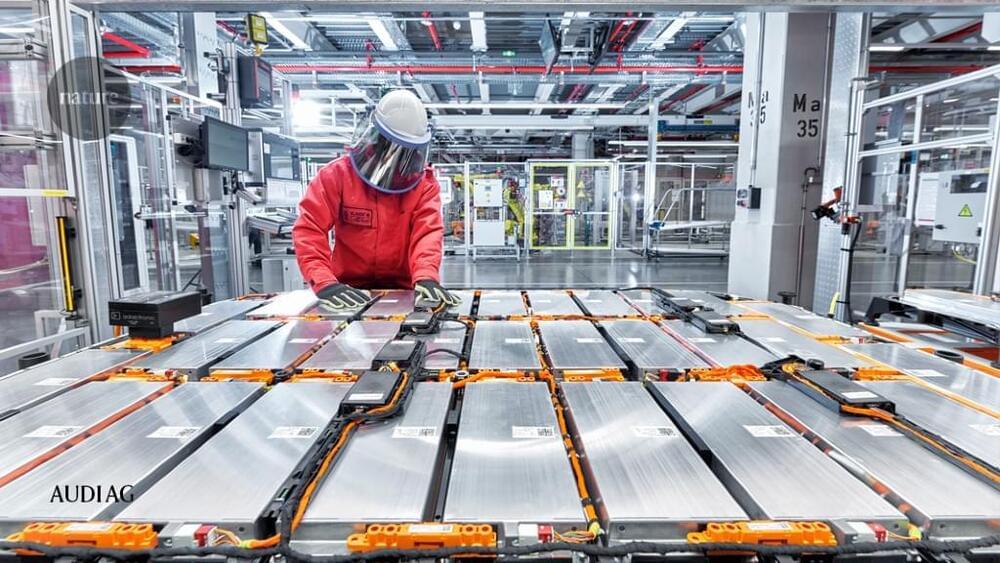Researchers are studying adding carbon capture technologies to vehicles so that the CO2 can be sequestered or recycled into renewable hydrocarbon fuels.
According to senior researcher of the study; “This technology really doesn’t have any major hurdles to making it work,”
When people talk about how to eliminate vehicles’ carbon dioxide (CO2) emission, often the conversation often focuses on electrifying cars, trucks and buses. Yet cargo and tanker ships, which are responsible for 3% of all CO2 emissions, are rarely a part of the discussion.
Now a Northwestern University research team offers a practical way to make ships CO2 neutral—or even CO2 negative—with CO2-capturing solid oxide fuel cells. After “burning” traditional carbon-based fuels, the fuel cell generates concentrated CO2 that can be stored on-board the ship. From there, the CO2 can either be sequestered or recycled into a renewable hydrocarbon fuel.
The team presents its analysis in “Viability of vehicles utilizing on-board CO2 capture,” published today (Aug. 18) in the journal ACS Energy Letters. In the paper, the team looks at various factors, including fuel storage volumes and mass requirements for a wide range of vehicle classes—from light-duty passenger vehicles to tanker ships—and compares onboard CO2 capture to battery electric and hydrogen fuel cell options.






